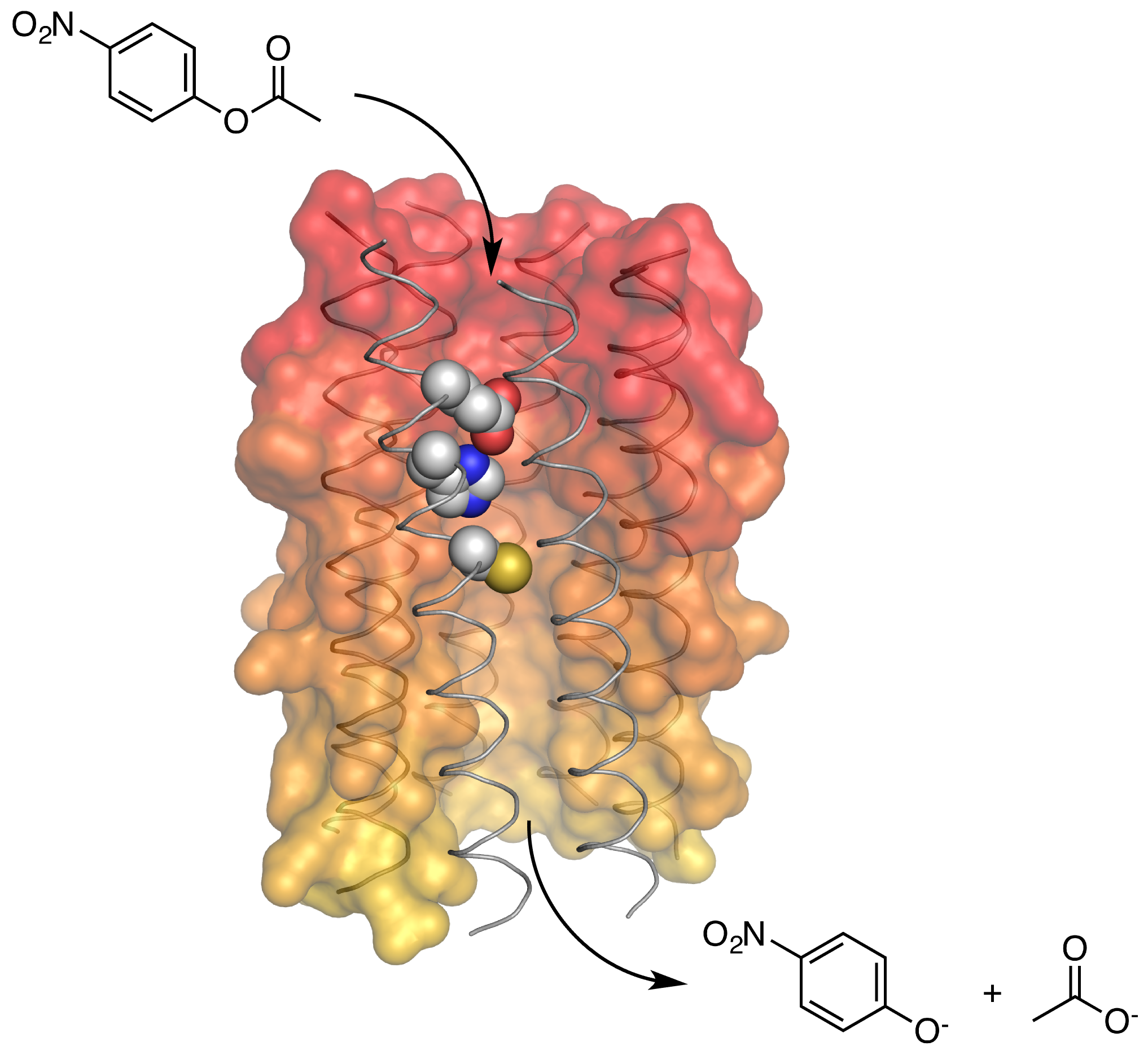Synthetic biology

Synthetic Biology research interests within the School of Biochemistry include: engineered protein assemblies and cells for biomedical applications; mechanistic and structural studies of subcellular assemblies and processes; rational and computational de novo protein design; and the engineering and exploitation of enzymes and enzyme cascades.
Our research in this area falls under the broader umbrella of the Bristol BioDesign Institute, and involves strong cross-University links with Schools in the Faculties of Life Science, Science, Engineering, and Health Sciences,. The University of Bristol has established itself as one of the UK’s leading centres for Synthetic Biology and Engineering Biology, beginning with the UKRI-funded BrisSynBio, Synthetic Biology Research Centre (≈£20M, 2014 – 2022) and SynBio Centre for Doctoral Training (≈£5M, 2014 – 2023), which led to the University establishing the Bristol BioDesign Institute (2018 – present) and the Max Planck-Bristol Centre for Minimal Biology (€10M, 2019 – present). In 2022 the University was awarded an NEBP Engineering Biology Transition Award (£1.5M, 2022 – 2024). In total (by the end of 2022), Synthetic/Engineering biology at Bristol has raised ≈£120M in funding; trained ≈100 post-graduate and post-doctoral researchers; published >400 papers and 10 patents; and spun-out 8 companies
Postgraduate studies in synthetic biology
Postgraduate training in synthetic biology is delivered in part through the BBSRC-funded South West Biosciences Doctoral Training Partnership (SWBio DTP).
